By Bob Hicks
 Two years ago, in this post, we passed along a few quotations from Martin Luther King Jr., whose spirit and birthday we celebrate today. In light of a frayed public discourse that verges on the ridiculous and the obscene, it seems an appropriate time to highlight King’s committed nonviolent approach to doing the right thing. Take a listen:
Two years ago, in this post, we passed along a few quotations from Martin Luther King Jr., whose spirit and birthday we celebrate today. In light of a frayed public discourse that verges on the ridiculous and the obscene, it seems an appropriate time to highlight King’s committed nonviolent approach to doing the right thing. Take a listen:
“Have we not come to such an impasse in the modern world that we must love our enemies – or else? The chain reaction of evil – hate begetting hate, wars producing more wars – must be broken, or else we shall be plunged into the dark abyss of annihilation.”
“Never forget that everything Hitler did in Germany was legal.”“Nothing in the world is more dangerous than sincere ignorance and conscientious stupidity.”
“One of the greatest casualties of the war in Vietnam is the Great Society, shot down on the battlefield of Vietnam.”
“Peace is not merely a distant goal that we seek, but a means by which we arrive at that goal.”“Rarely do we find men who willingly engage in hard, solid thinking. There is an almost universal quest for easy answers and half-baked solutions. Nothing pains some people more than having to think.”
“War is a poor chisel to carve out tomorrow.”“All progress is precarious, and the solution of one problem brings us face to face with another problem.”
*
PHOTO: 1964, Library of Congress. New York World-Telegram & Sun Collection. Dick DeMarsico, World Telegram staff photographer. Wikimedia Commons.
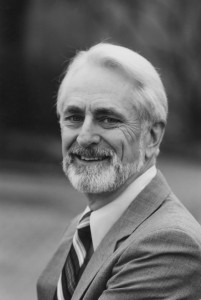 The mythology of the festival is that actor/director/artistic leader Angus Bowmer was the founding visionary, and he was. It was Bowmer who got things going in 1935, and when I began to go to the festival in the late 1960s and 1970s he was still around, still a quiet eminence, still a prominent spirit around the place.
The mythology of the festival is that actor/director/artistic leader Angus Bowmer was the founding visionary, and he was. It was Bowmer who got things going in 1935, and when I began to go to the festival in the late 1960s and 1970s he was still around, still a quiet eminence, still a prominent spirit around the place.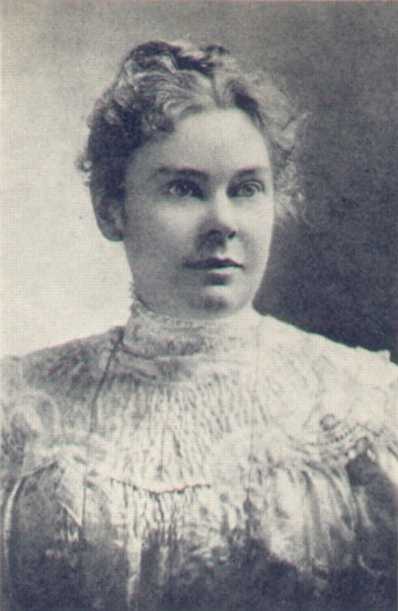 This morning’s
This morning’s 
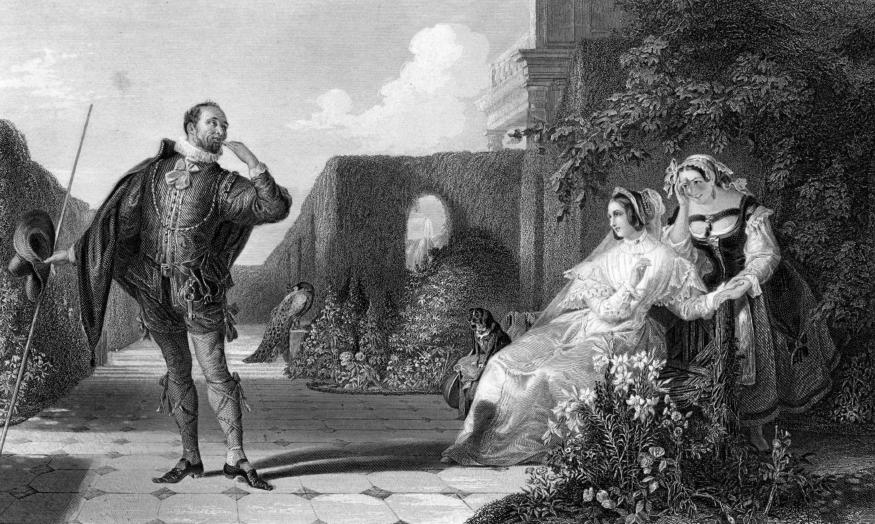
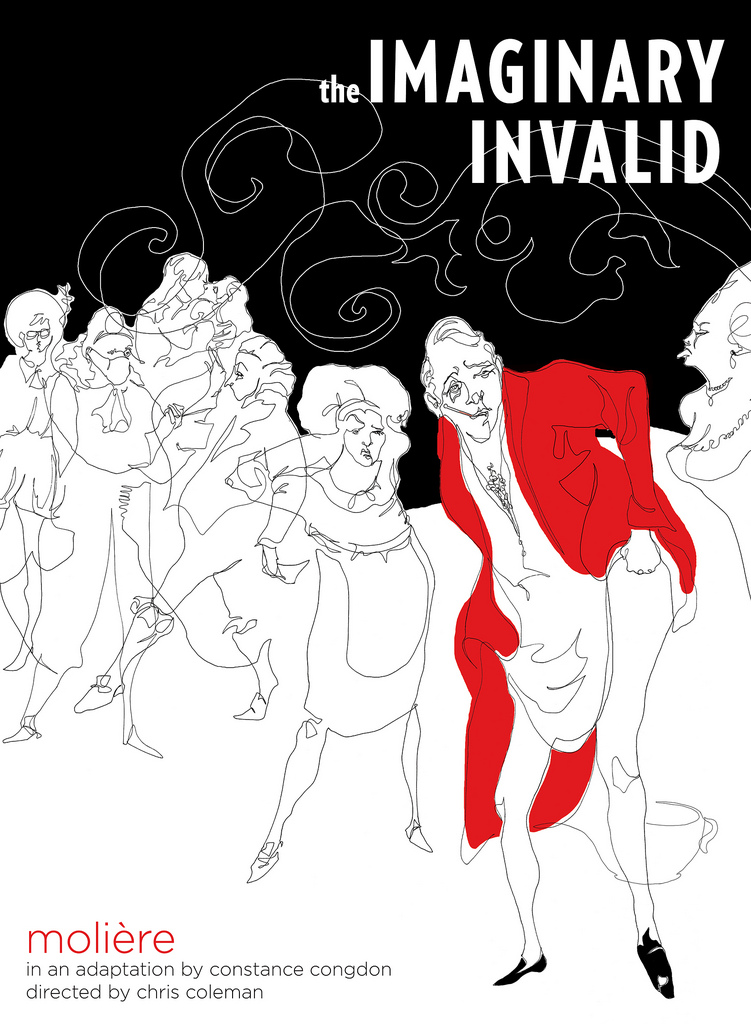 Pepys had notoriously little patience for Shakespeare and his fripperies. What might he have thought, then, of Constance Congdon’s adaptation of Moliere’s
Pepys had notoriously little patience for Shakespeare and his fripperies. What might he have thought, then, of Constance Congdon’s adaptation of Moliere’s 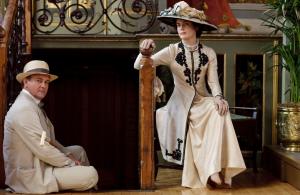
 Beauty fades, of course, or rather, it changes. Now, at 49, McGovern is still beautiful, but in a fully mature, more experienced, less unnerving way — which, from some vantages, makes her even more beautiful: It’s a beauty anchored by reality.
Beauty fades, of course, or rather, it changes. Now, at 49, McGovern is still beautiful, but in a fully mature, more experienced, less unnerving way — which, from some vantages, makes her even more beautiful: It’s a beauty anchored by reality.
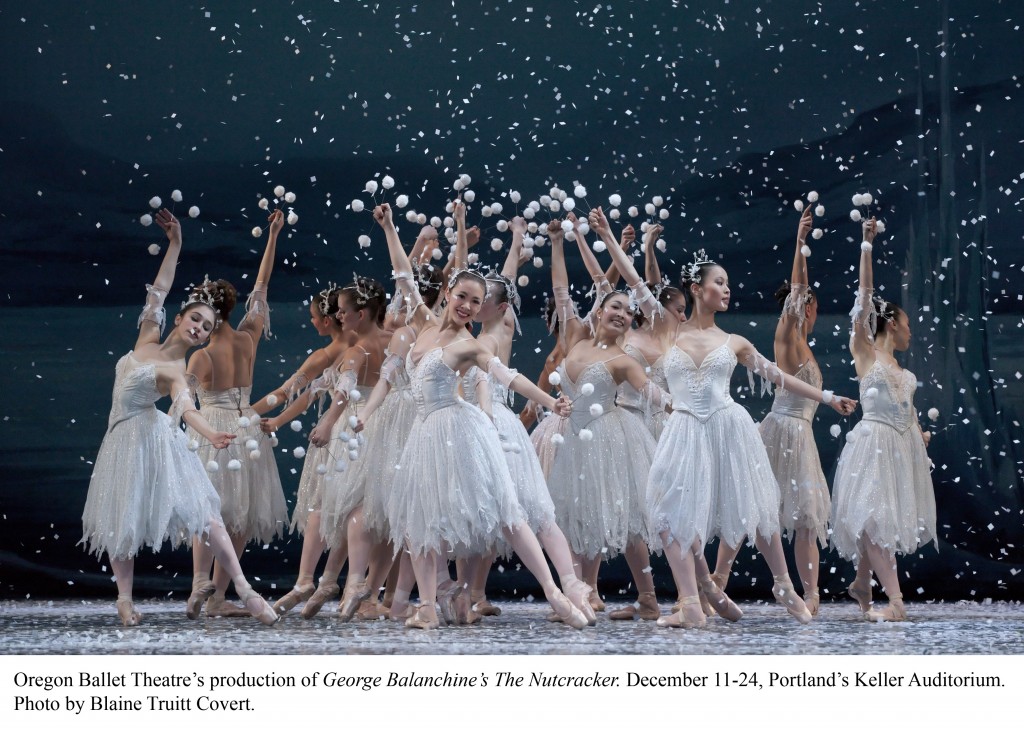
 Here at Chez Scatter, the arrival of Christmas always includes a good deal of flutter over food. How many people will we be this year? Who eats meat and who doesn’t? What recipes have we been longing to try? How traditional and how daring are we going to be?
Here at Chez Scatter, the arrival of Christmas always includes a good deal of flutter over food. How many people will we be this year? Who eats meat and who doesn’t? What recipes have we been longing to try? How traditional and how daring are we going to be? Many Scatterers undoubtedly know that when
Many Scatterers undoubtedly know that when